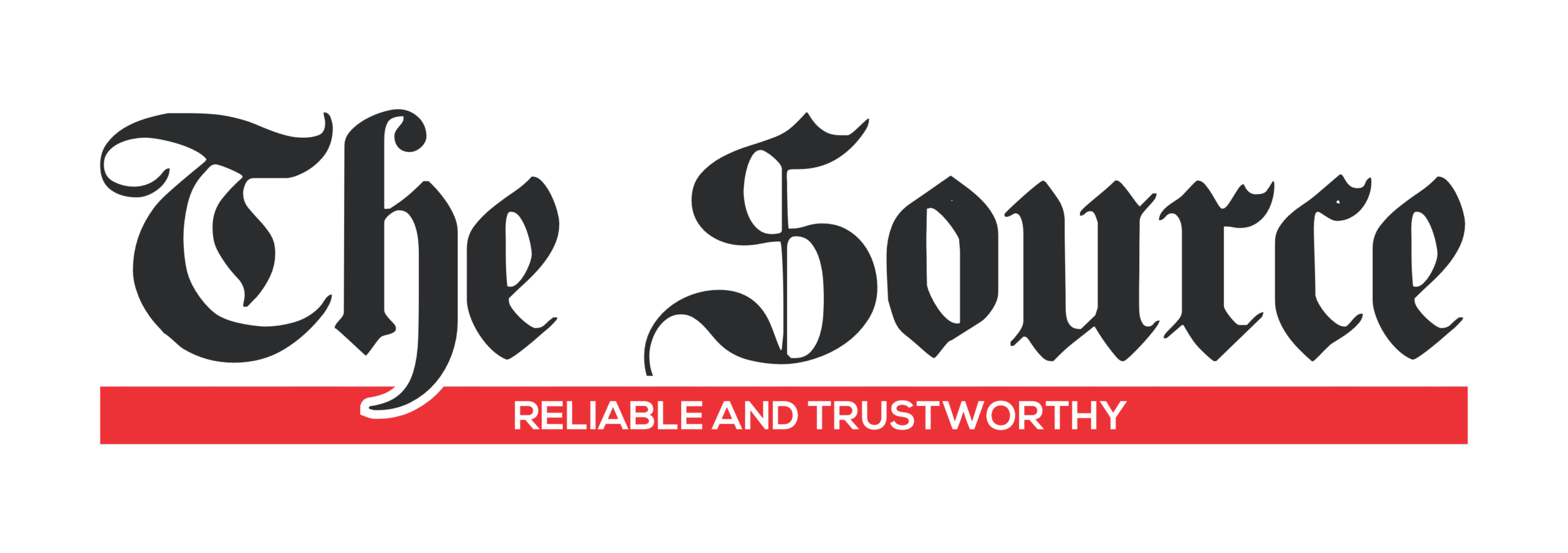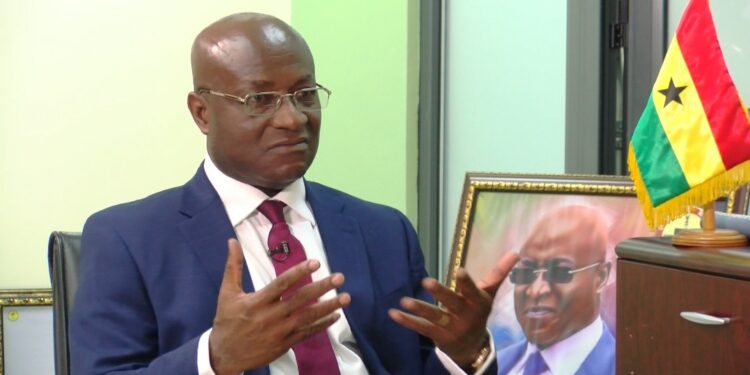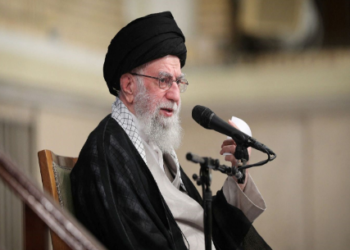Former Majority Leader Osei Kyei-Mensah-Bonsu has outlined a combination of external and internal factors he believes led to the New Patriotic Party’s (NPP’s) defeat in the 2024 general elections, like the COVID-19 pandemic.
In an interview on Channel One TV, Kyei-Mensah-Bonsu cited major economic challenges, perceptions of governance failures, and global crises as key contributors to the party’s loss.
COVID-19 pandemic
According to him, while government measures during the pandemic were necessary to save lives and protect livelihoods, the economic fallout was severe. The handling of the pandemic strained national finances and necessitated interventions with long-term fiscal implications.
Russia-Ukraine war
He noted that the Russia-Ukraine conflict triggered global price increases, particularly for fuel, food, and fertilisers. These price hikes, he explained, had ripple effects on Ghana’s economy, pushing up the cost of living and souring public sentiment.
Domestic Debt Exchange Programme (DDEP)
Kyei-Mensah-Bonsu identified the Domestic Debt Exchange Programme as another major source of public discontent. He stated that the policy directly affected over 800,000 people and their households, arguing that while it may have been necessary for macroeconomic stability, it came with significant political costs.
Cost of living and economic hardship
He added that rising inflation, surging prices of essential goods, and higher transport costs created a sense of “hunger and anger” among the electorate, eroding the NPP’s traditional support base.
“I can relate to the findings that led to our loss. The Ashanti Regional chapter of the enquiry cited four main issues — one being external factors, some strong winds that blew from outside and hit us unprepared. Yes, it affected the economy. But basically attributable to COVID-19 and the Russia-Ukraine war, these are force majeures we couldn’t control; they hit us, they had repercussions on us, on the economy in particular, especially the meltdown that we experienced,” he said.
He further emphasised that, “The former President [Nana Addo Dankwa Akufo-Addo] did so well to protect livelihoods and lives. But it had a toll on the country’s finances, and going forward, it ignited some heat in the system. And then we had to go to the IMF for a bailout.”
On the DDEP, he added: “Some of the things that we had not intended to do — the Domestic Debt Exchange Programme, which affected over 800,000 people. They had families, and so, they were pressed. Then we had other matters, including, in particular, the Russia-Ukraine war, which escalated the cost of many items. Even fertilisers were affected.”
“Then we had issues with governance. Post-COVID-19, our backs were to the wall. We had to put the brakes on development projects that affected the lubrication of the system,” he concluded.






